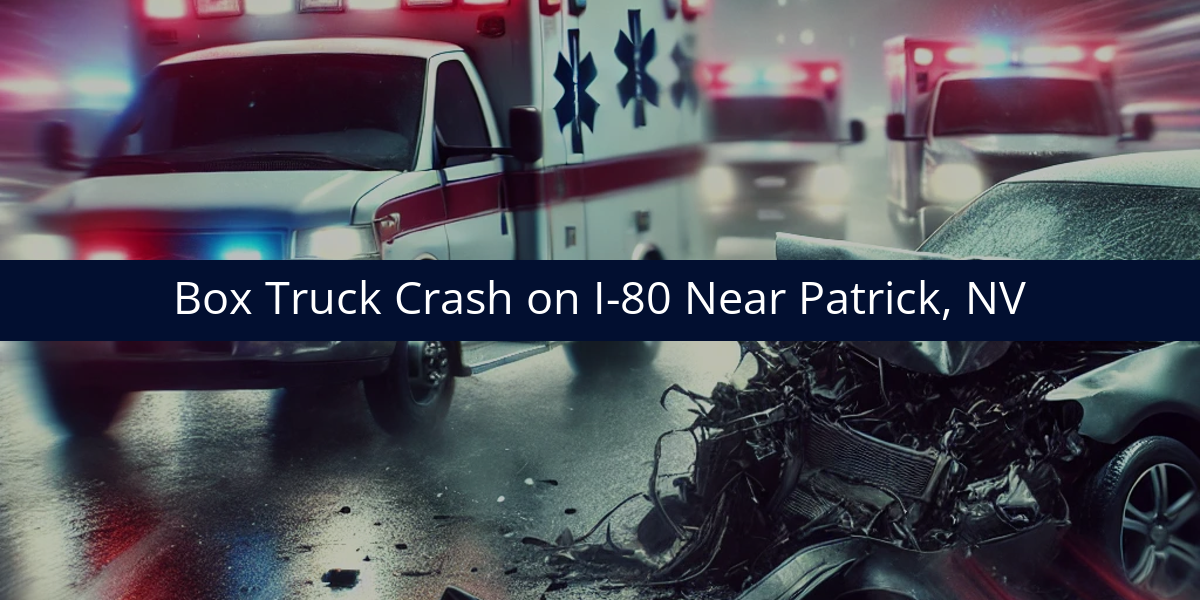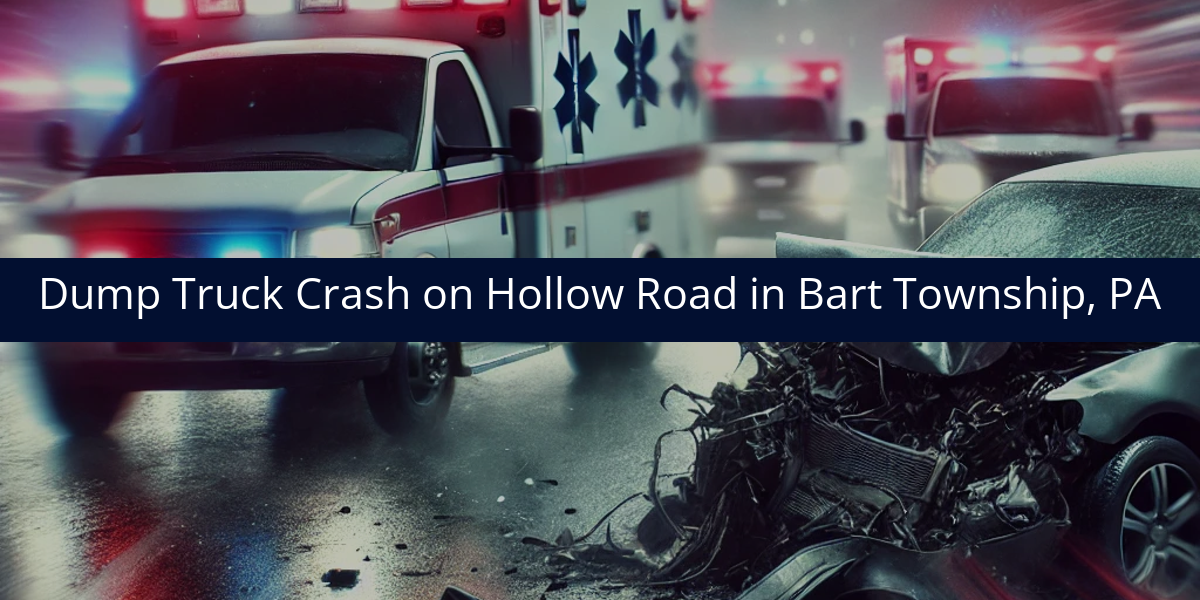Texas dram shop cases are seldom cut and dried. It's an important element of tort law; after all, bars and restaurants that over-serve their customers deserve to be held accountable for putting profits before safety. While the intoxicated individual most certainly owns a significant share of the responsibility—failing to observe his or her own limits, then choosing to get behind the wheel after overindulging—the bar that helped them make such questionable choices owes a duty to any victims thanks to its complicity in the situation. This is especially important in situations where the intoxicated party has little to no insurance to help defray the victims' costs, such as medical attention and lost wages.
The firm has handled hundreds of dram shop cases, but we were recently reminded of a problem that sometimes arises in the pursuit of dram shop claims: It can often be difficult to identify which establishment might be liable for sustained injuries caused by a drunk patron. This came to mind when we recently learned about a recent case out of San Antonio and a wrong-way driver on the interstate.
Wrong Way on the Highway: The Case of Miguel Hernandez
According to authorities, 49-year-old wrong-way driver Richard Sanchez was arrested on Monday, January 9 around 3 a.m. Police who were dispatched to the 11700 block of I-35 South around 3 a.m. discovered a six-vehicle pileup that apparently was prompted by Sanchez driving against the flow of traffic for approximately 3 miles.
In the course of the wreck, Sanchez' 2017 Toyota Tacoma allegedly forced a 2016 Ford van into the median of the interstate, where it collided with the barrier cables that separate northbound and southbound traffic. The resultant crash caused injuries to a 58-year-old man and woman, as well as a two-year-old boy. Furthermore, the collision took the life of 18-year-old Miguel Hernandez. Our sincere condolences to his family and other loved ones.
Investigators said Sanchez admitted to mixing alcohol with medication for his anxiety and depression. When encountered at the scene, he was still wearing a wristband from a bar. He now faces three counts of intoxication assault and one of intoxication manslaughter.
Drinking Isn't Always Limited to One Bar
Since many people who are served while they're clearly intoxicated drank at more than one bar, many people ask us "Which bar do you pursue a case against?" Without delving too deeply into litigation strategies, the simple answer is that each bar will be examined for its role in the accident. Once a bar unlawfully serves an obviously intoxicated person, they're on the hook for any injuries that person causes due to being intoxicated.
It's like a schoolyard fight: Those don't generally happen in a vacuum, and there are onlookers and instigators who contributed to the fight breaking out. Think of the bars as the kids who, instead of trying to deescalate the situation, repeatedly ask one of the fighters "Are you going to let him talk to you like that?!" At this point they've gone from merely observing to actively antagonizing one of the kids. When a fight breaks out, they can't exactly claim that they were completely innocent.
If a bunch of kids are behaving this way, we'd expect that there would be some punishment--not just for the fighters, but for those whose conduct contributed to the fight happening. In this scenario parents or school administrators would be the ones sorting out appropriate punishment, but in a dram shop case it is ultimately the jury that decides who's most culpable for any injuries that ensue.
One problem in dram shop cases is identifying the specific establishment that allegedly over-served the drunk offender. Most drunk drivers are not polite enough to wear wristbands from the bar they attended when the police arrive to the scene of a crash, and naturally no bar is eager to claim liability for refilling a drunk's glass a few too many times. Until an attorney firmly establishes the drinking timeline, defense attorneys will often argue that their bar wasn't the last place that the intoxicated person was drinking, therefore the really bad over-service occurred somewhere else.
This is why, arguably, the most important part in any dram shop case is reconstructing the drunk person's evening. This can be done with receipts, surveillance video, cell phone records, and with increasing regularity, social media posts from the drunks themselves. Dram shop attorneys don't get to point the finger at just any bar; they have to be able to prove that the bar knowingly served an obviously intoxicated person.
If a few hours passed between the last drink and the wreck, or if the person that caused the accident visited multiple bars or restaurants throughout the evening, it is vitally important to establish the correct sequence of events. While some people stick to a single watering hole for an evening, police blotters overflow with accounts of people out bar-hopping with friends, visiting multiple establishments and getting gradually more intoxicated as the night goes by, then injuring or killing others when trying to head home. Servers at each subsequent bar won't know or ask how much was consumed at the previous place, and a bar-hopper's increasingly compromised judgment means he often won't stop drinking. If he can conjure up a reasonable facade of sobriety, he can be heavily over-served before it crumbles.
Accountability Is Good for All of Us.
All of this may make it sound like dram shop cases are exceptionally difficult to win. In fact, most attorneys in Texas won't take on liquor liability cases because they believe they're unwinnable. Our experience in successfully pursuing hundreds of these cases tells us otherwise. Is a case more difficult when multiple bars have over-served a person? It's certainly not ideal, but it's just more layers to what is usually a pretty complex situation.
In the end, a serpentine path to justice is still the best one for those who have been injured by a bar's negligent alcohol service. Grossman Law Offices doesn't believe that law firms should only take on the "easy" cases. If that were true we'd refuse to take on liquor liability cases, like many other firms. We're not like them, though. We vigorously pursue these cases because we believe that they are a potent deterrent to bars who might be thinking about breaking the rules.
More importantly, many of the people who are injured because of irresponsible drinking and alcohol service are people who weren't out partying, but merely in the wrong place at the wrong time when a conspiracy of negligent behavior set in motion a tragic, life-altering chain of events. Without dram shop litigation a drunk driver would still face criminal charges, but a victim and his family would have to pick up the pieces of their lives without help, and a bar would be counting the money it made by breaking the law. Does that sound like justice? It doesn't to us. That's why we help victims exercise their rights.











